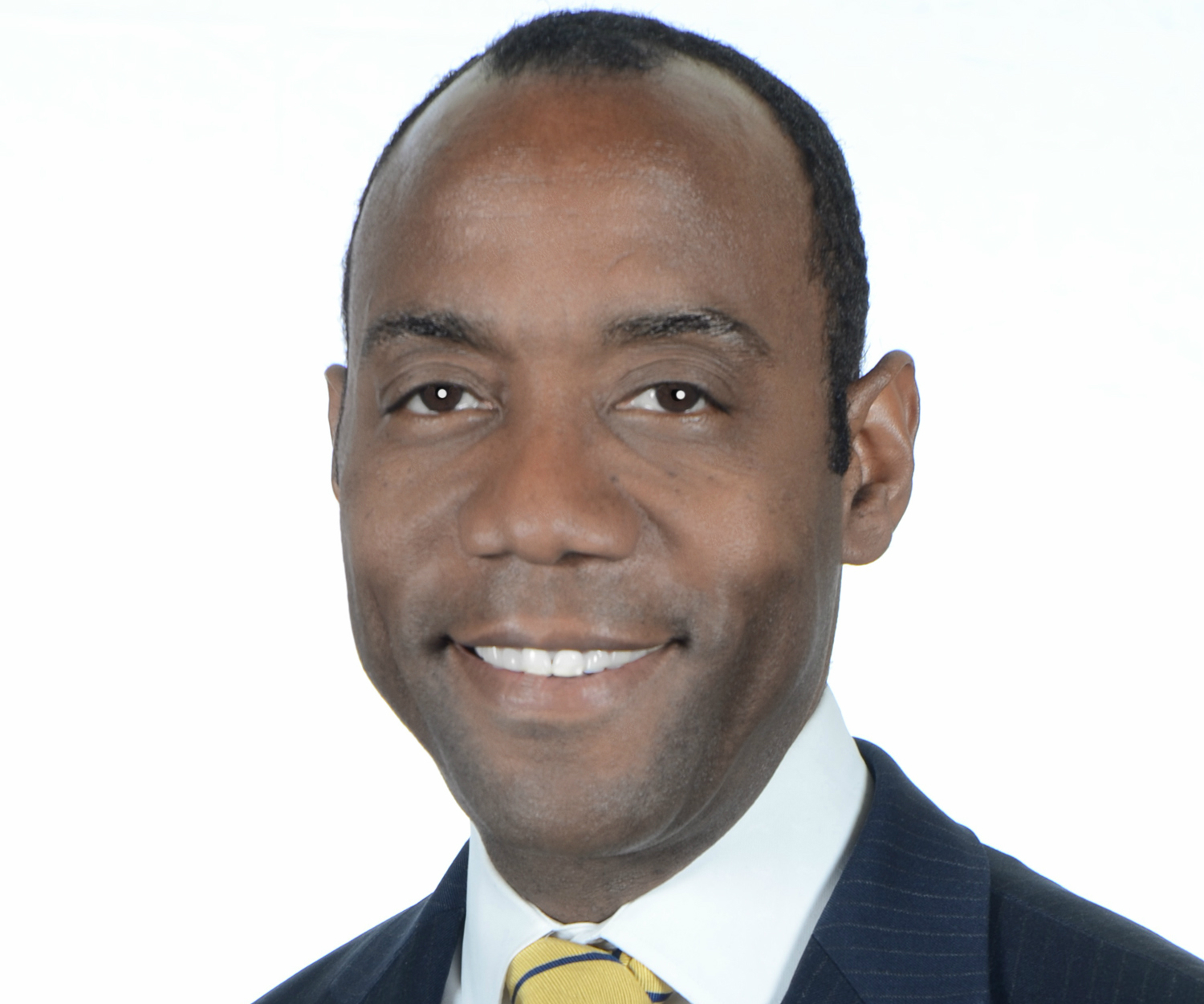San Francisco — NAACP CEO Cornell Brooks asked a simple question of the approximately 1,200 foundation executives gathered here for the Council on Foundations’ (CoF) annual meeting: “Why can’t we do more with all we have been given?” In a sector laden with data, he entreated those in attendance to “hold close the people on whom the data is collected.”
Brooks brought the executives to their feet after telling stories of courage. He told of his grandfather’s run for Congress, “not as a Republican, not as a Democrat but as an American,” during the 1940s. “He ran to inspire,” he said.
In the style of a preacher on a Sunday morning, Brooks told the stories of leaders defined by their acts of courage but that their will was “cultivated over time” and not in that moment. He gave the example of Rosa Louise Parks, known by Americans for not giving up her seat on a Montgomery, Ala. bus, but who faced down bigotry and violence years earlier when sent to investigate the brutal sexual assault on a woman who had just left church.
Each room at NAACP headquarters in Baltimore, Md., showcases the history of standing up, such as artwork of Medgar Wiley Evers, a black civil rights activist who worked with the NAACP and was murdered in 1963 in Jackson, Miss. Although it could not be independently verified, Brooks said among Evers’ words after being shot in the back with a high-powered rifle were: “Set me up and turn me loose.”
Character will lead you into dangerous places, he told the attendees. He said that those in the room “plum the very depths of who we are as leaders.” America today finds its constitutional democracy in an “uncomfortable position between the past and present.” He made reference to the highly publicized deaths of black men shot to death by police and the recent case in Baltimore, Md., when a suspect was mortally injured while in police custody.
“Leadership is about standing with fellow leaders, shoulder to shoulder, arm in arm,” he said. That collaboration is necessary not just in times of protest but also in getting work done. Brooks spoke of enlisting environmental, healthcare and other organizations that have not traditionally worked with NAACP. The point is for leaders to sometimes “shut up and listen” so that new ideas can be created. They are also reaching out to other disenfranchised populations who are not African-American.
The organization is working to get out the vote and voter registration drives and pairing with like-minded organizations. He described the NAACP as the primary care physician of civil rights. While there is organizing during a crisis, the bulk of the work is day to day dealing with civil rights issues such as defending the right to vote and other basic civil rights accorded to most of the population.
But, when it’s necessary, large numbers of people will be called to non-violently protest. Said Brooks, “Let us march on until victory is won.”
